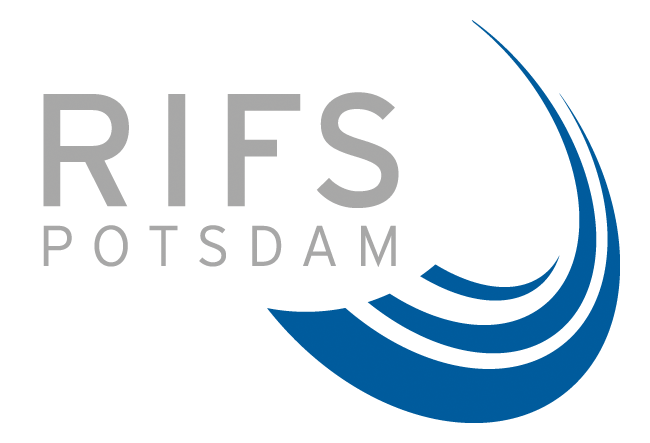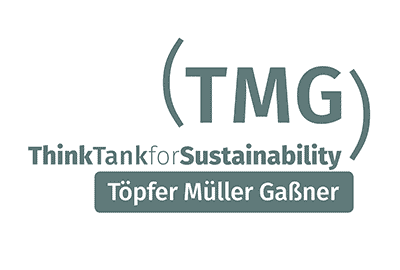The STRONG High Seas project has published a new report on strengthening High Seas Governance through enhanced environmental assessment (EA) processes.
The report ‘Strengthening high seas governance through enhanced environmental assessment processes: A case study of mesopelagic fisheries and options for a future BBNJ treaty’, uses a case study approach to explore how a BBNJ Agreement could strengthen these processes.
The ongoing UN negotiations on an internationally legally binding instrument for the conservation and sustainable use of the biological diversity of marine areas beyond national jurisdiction (BBNJ Agreement) provide a unique opportunity to safeguard ocean health by improving coherence, developing capacity, and complementing and supporting existing bodies.
The report also explores the challenges of addressing emerging activities in areas beyond national jurisdiction (ABNJ), and considers how existing global and regional bodies and processes might address proposals of new activities. It highlights the importance of not excluding any activity or sector from the BBNJ Agreement to ensure the development of uniform standards and thus the potential to generate multiple benefits. This will help build resilience to climate change, ensure consideration of all potential and cumulative impacts, and inject precaution into management and decision-making processes. It further underscores the importance of broad stakeholder consultation and the integration of diverse sources of knowledge and values.
This report shows how integrated environmental assessment processes can contribute to achieving globally agreed goals, by improving understanding of the regional context and lifting institutional capacities. By providing for a multilevel approach that combines effective project-level impact assessment with broader regional and strategic environmental assessments, the BBNJ Agreement can generate multiple benefits: new scientific knowledge that can inform ecosystem-based management (EBM); wider participation, consultation and cross-sectoral cooperation; and a common understanding of priorities for action within and across regions and sectors.




